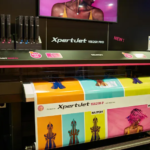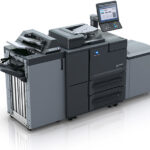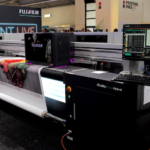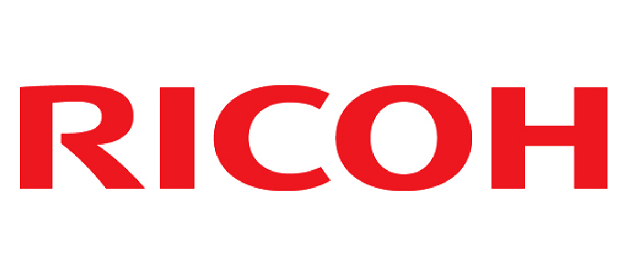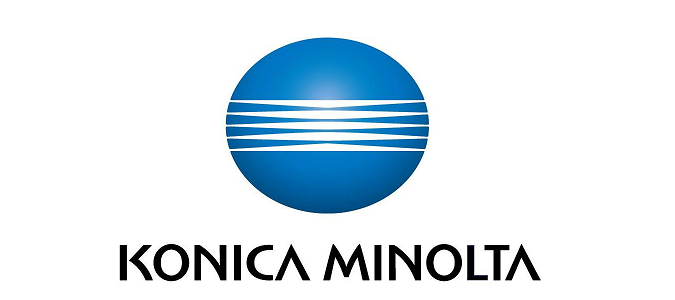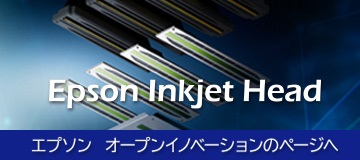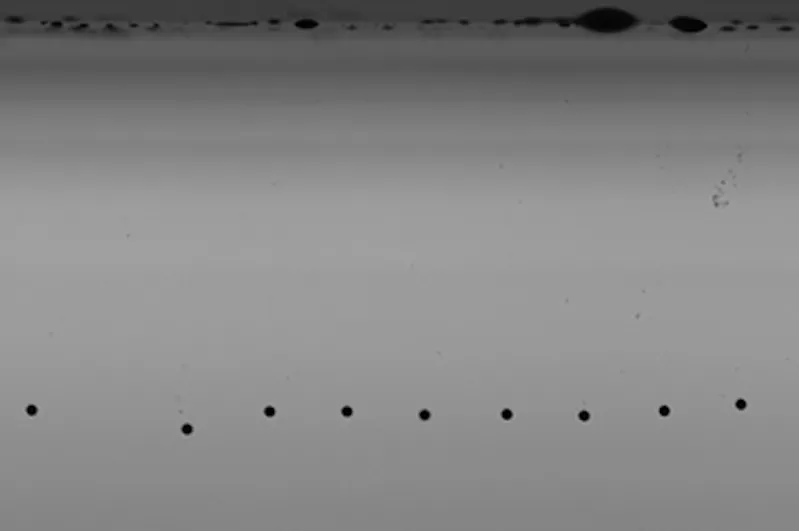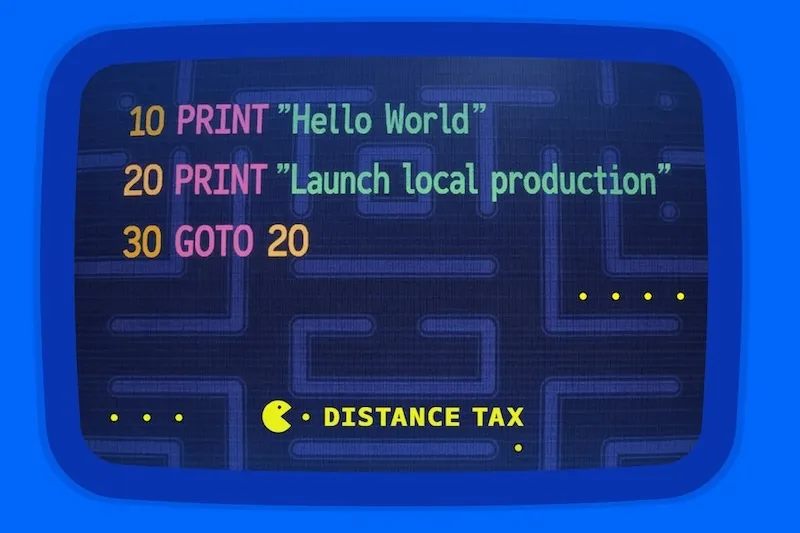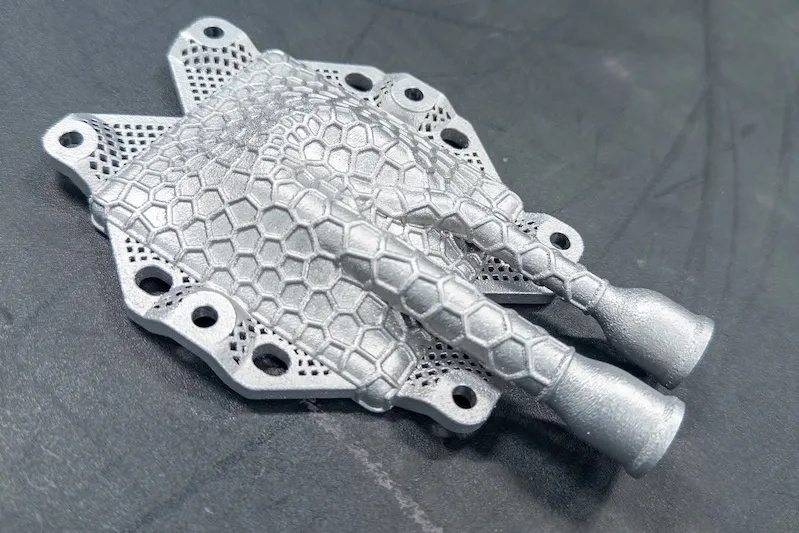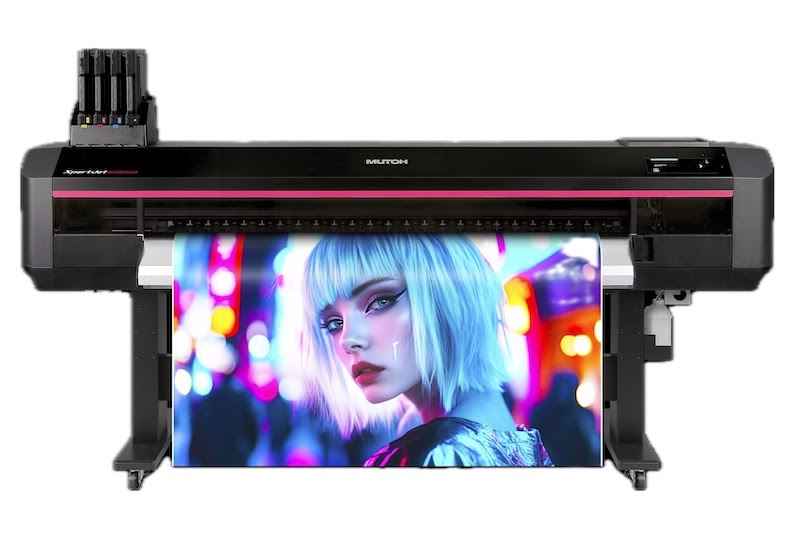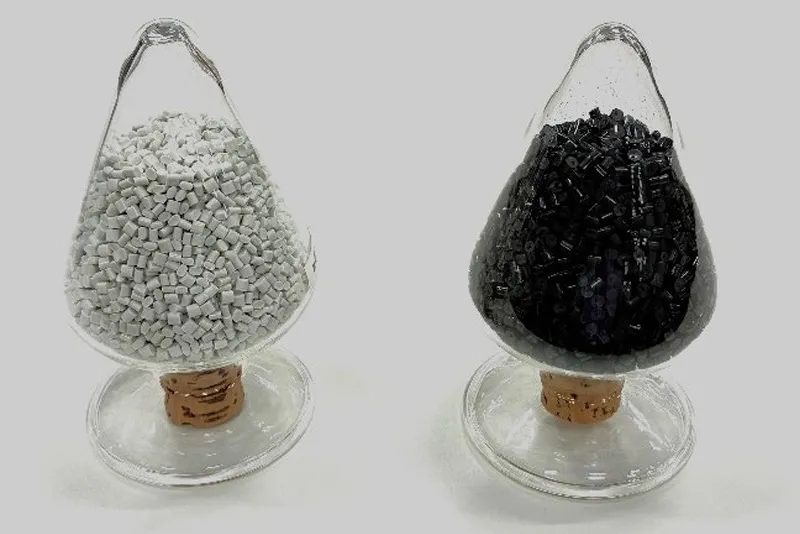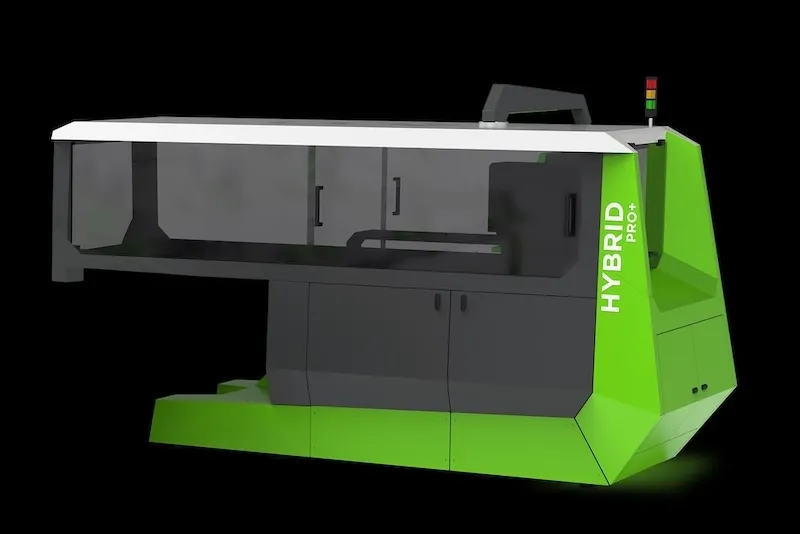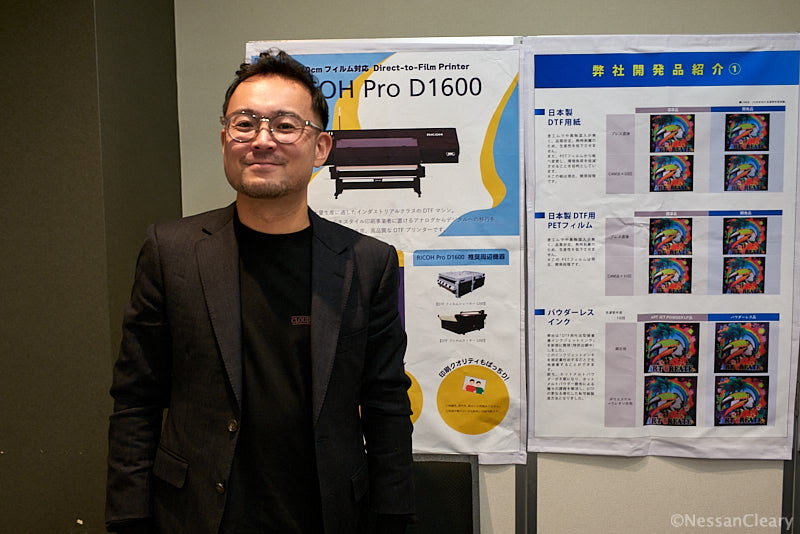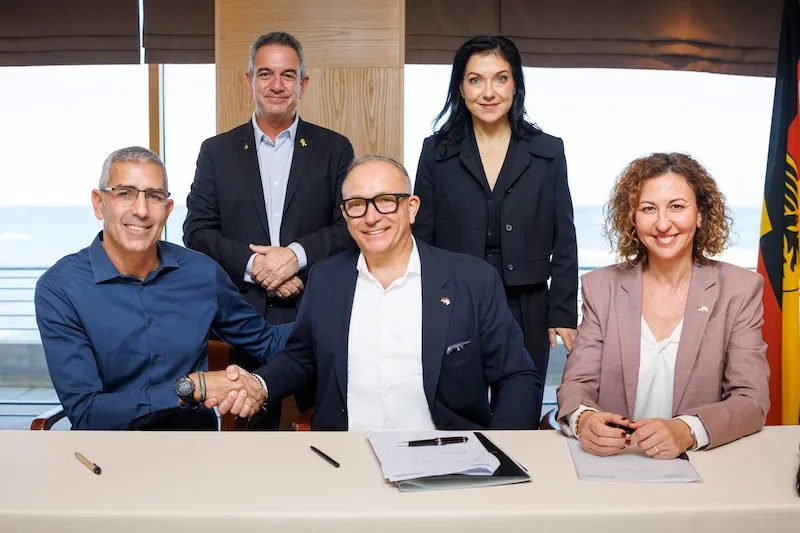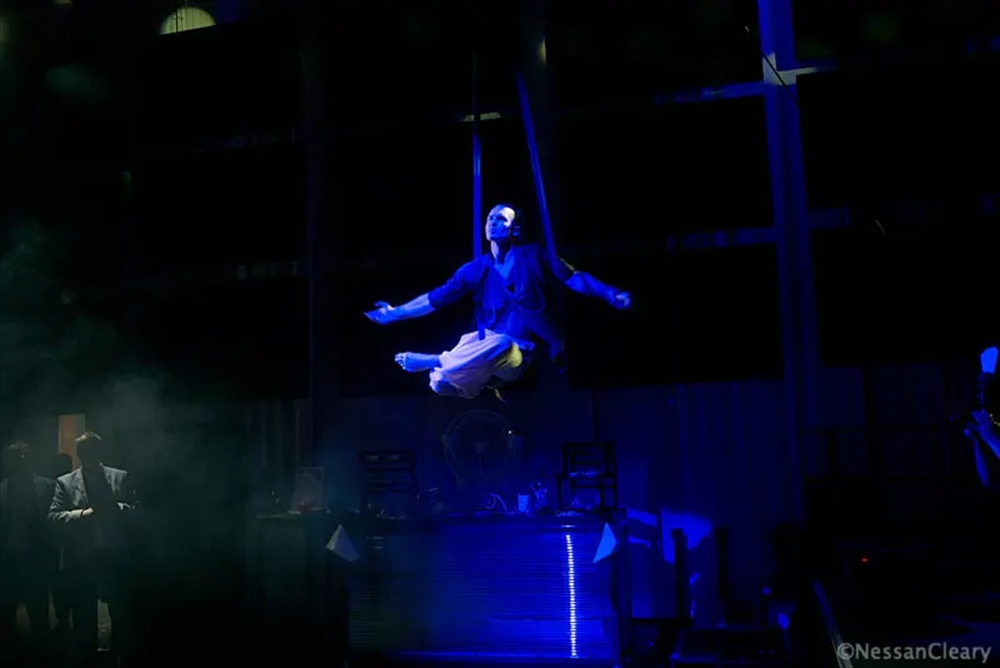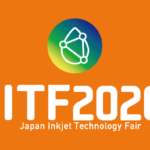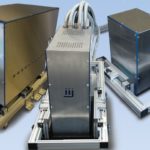- 2018-7-15
- Nessan Cleary 記事紹介
ということで Informaは最終的にまともなことをして、Ipexを殺して、展示会を続けていく計画を放棄したことを発表しました。この決定は、「業界との協議」の後に行われます。これはおそらく、ベンダーの誰もが次のIpexに出品するために出費するつもりがないことを意味していると思われます。
So, Informa has finally done the decent thing and killed off Ipex, announcing that it has abandoned plans to continue running the show. This decision comes after “consultation with the industry”, which presumably means that none of the vendors were prepared to pay to exhibit at another Ipex.
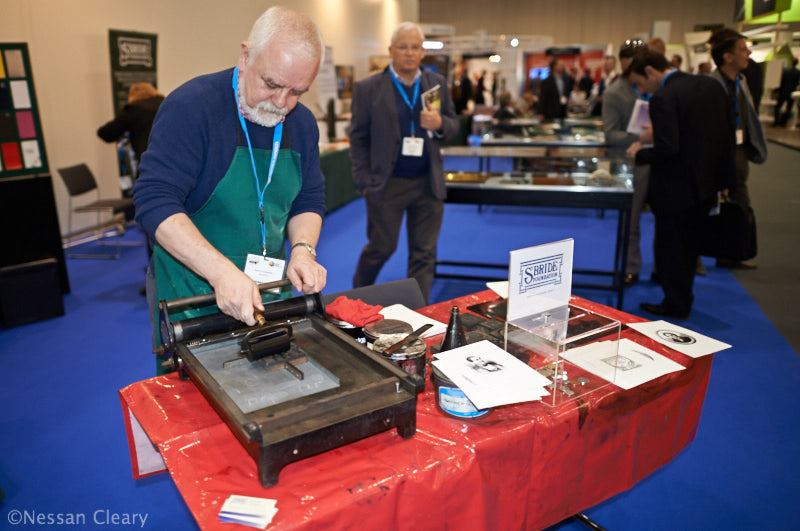
The latest print technology on show at Ipex 2014.
Informa has blamed changing market conditions but markets constantly change and the trick is to understand the underlying trends and adapt to them. In my opinion, Ipex was doomed after the disastrous 2014 show in London.
Informaは市場環境の変化を批判しましたが、市場は絶えず変化しているわけだし、大事なことは背後にあるトレンドを理解し、それを受け入れることだと思います。私の意見では、Ipexは2014年にロンドンで開かれたショーが悲惨な結果に終わったあとに、その運命が決まったものと思います。
There were a number of factors at play here, including the recent recession that hit in 2008 and the wave of austerity and general lack of investment that followed.
ここには、2008年に起こった不景気と、それに続く緊縮と一般的な投資不足の波を含むいくつかの要因があります。
This also coincided with the development of single pass inkjet presses, which is still ongoing, but in those early days meant that most vendors did not have much to show beyond the prototypes from the previous Drupa. Coupled to this, there was a growing resentment against Informa over the costs of exhibiting at Ipex, with some vendors simply feeling that it would be more cost-effective to fly potential customers to their own factories and would likely lead to more sales.
これは、まだ進行中だったシングルパスインクジェット印刷機の開発時期と一致していましたが、その初期の段階では、ほとんどのメーカーがDrupaのプロトタイプ以上のものを見せなかったということです。これに加えて、Ipexに出展する費用についてInformaに対する憤慨が広がりました。一部のベンダーは、潜在顧客を自社の工場に招待した方が、より多くの販売に繋がり、コストパフォーマンスに優れているとシンプルに感じていました。
Naturally, when people started pulling out of Ipex 2014, Informa enforced their contracts and forced those companies to forfeit their deposits. In my opinion, this was a remarkably short-sighted reaction that meant those companies would be a lot more careful in their dealings with subsequent Ipex shows.
当然、出展ベンダー達がIpex 2014からの撤退を始めると、Informaは契約を執行し、それらの企業のデポジットを没収しました。私の意見では、これは非常に近視眼的な対応だったので、ベンダー達はその後のIpexショーへの出店交渉については慎重になったものと思います。
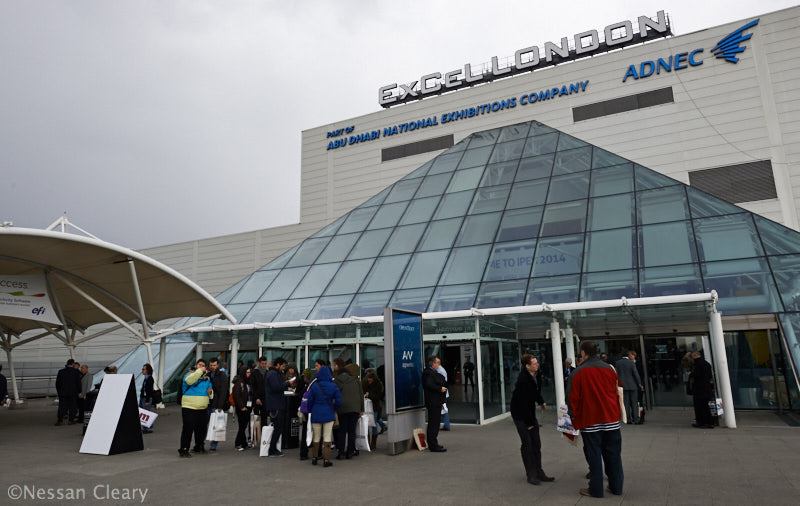
2014 saw Ipex make a brief excursion to London.
The situation was compounded by moving the show to London, thereby committing everyone from visitors to exhibitors to much higher costs. It is almost always a bad idea to move an established show to a different location. People become used to these venues and to the facilities around them; they know the local restaurants and book hotel rooms years in advance. It often happens that when one show shifts to another city, another show pops up to take advantage of that familiarity. So it was with Ipex, which found the Print show doing a reasonably good job of catering to the UK print industry.
このショーを(バーミンガムから)ロンドンに移し、来場者から出展者までのすべての費用をはるかに高いコストにすることで、状況はさらに悪化しました。確立されたイベントを別の場所に移動することは、ほぼ例外なく愚策といえます。人々はこれらの会場やその周辺の施設に慣れていきます。彼らは地元のレストランを知っており、数年前にホテルの部屋を予約しています。 1つのショーが別のショーに移行すると、別のショーがポップアップしてその慣れ親しみを利用することがよくあります。それで、Ipexの場合は、(米国シカゴの)Printが英国の印刷業界に上手くフィットした(迎合した)ということになるでしょう。
Many people in the British industry also blame Drupa, feeling that Messe Düsseldorf’s announcement of its intention to switch to a three-year cycle was deliberately aimed at de-stabilising Ipex. But I believe that Drupa was more worried about competition from other German trade shows, particularly Interpack, and instead saw Ipex as complementary. The Drupa people correctly realised that as press vendors looked to the packaging market, and that market started to embrace digital printing, so the packaging shows would grow by catering for converters. Fortunately they did listen to the feedback from exhibitors and quickly abandoned that plan and switched back to a four-year cycle.
英国の産業界の多くの人々は、デュッセルドルフが3年間のサイクルに切り替える意向を発表したことが、意図的にアイペックスの不安定化を目指していると感じ、Drupaを非難しています。しかし、Drupaは他のドイツの展示会、特にInterpackとの競争をもっと心配し、代わりにIpexを補完するもの(競合にはならない)と見ていたと思います。 Drupaの人々は、プレスベンダーがパッケージング市場を見て、市場がデジタル印刷を受け入れ始めたので、パッケージングのショーはコンバーターに取り入ることによって成長するだろうと正しく認識しました。幸いにも、出展者からのフィードバックに耳を傾け、すぐにその計画を放棄し、4年間のサイクルに戻りました。
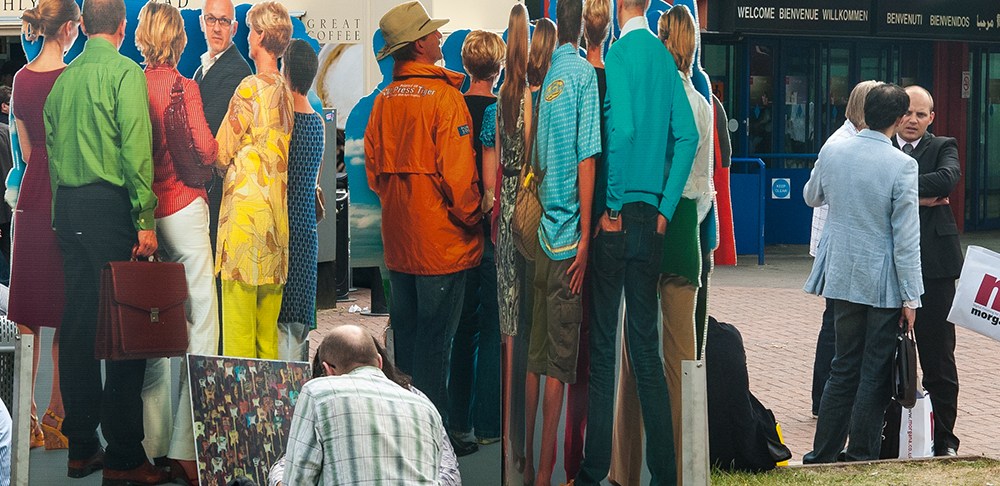
But Ipex was more than just another trade show – it was the international British trade show and so the loss of Ipex should also be seen as a warning to the British print industry. For years I’ve been asking European vendors to name their biggest markets and they’ve always said Britain and Germany but in the last couple of years that has shifted. Germany is unquestionably the biggest market for printing equipment in Europe, followed by a range of other countries including Poland for commercial printing, Turkey for textiles, Spain for wide format. Britain is still an important market for most vendors but not as much as it once was.
しかし、Ipexは単なるトレードショーではなく、国際的な英国の展示会だったので、Ipexの喪失はイギリスの印刷業界への警告としても見られるはずです。長年にわたり、私はヨーロッパのベンダーに最大の市場はどこかと質問してきました。彼らは常に英国とドイツと言いましたが、ここ数年の間にシフトしました。ドイツは間違いなく印刷機器の最大の市場で、それに商業印刷のポーランド、繊維のトルコ、ワイドフォーマット用のスペインなどが続きます。英国は依然として大半のベンダーにとって重要な市場ですが、かつてのようにそれほど重要ではありません。
We probably can’t blame Brexit for the demise of Ipex but nonetheless Brexit is casting a darkening cloud over British manufacturing. It is becoming increasingly obvious that our political leaders have no understanding of basic manufacturing processes like Just-in-Time supply lines or country of origin rules, and no idea of how Britain will function post-Brexit other than a vague idea that everything will somehow be alright. But with the likes of Johnson, Gove and Rees-Mogg playing in the orchestra, perhaps we should start preparing for the idea that the ship might actually be sinking.
Ipexの死をBrexiのせいにすることはできないと思いますが、それでもBrexitはイギリスの製造業に暗い雲を投げかけています。私たちの政治指導者が、ジャストインタイムの供給ラインといった製造プロセスの基本についてや、原産地規則などについて、全く理解していないということが徐々に明らかになりつつあり、漠然と「まあなんとかなるだろう」という以外にBrexit後に、そういうものがどういう風に機能するのかについて明確な考えがないと見えます。しかしジョンソン、ゴブ、そしてリーズ・モッグのような連中のオーケストラの演奏を聴きながら、実は船が沈みつつあるかもしれないというと考え始めることが必要かも知れません。
■ 大野註:Informaについてはこちら



